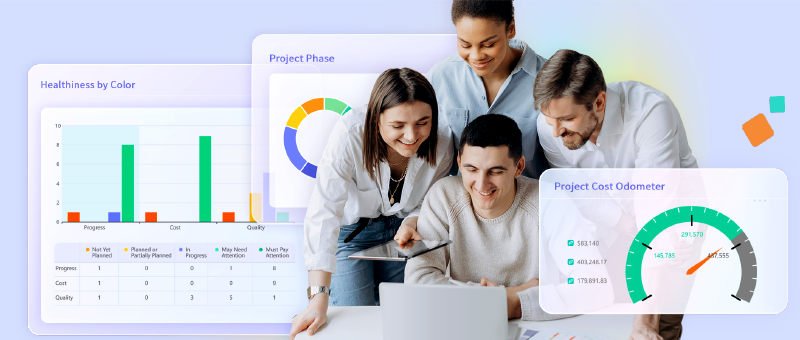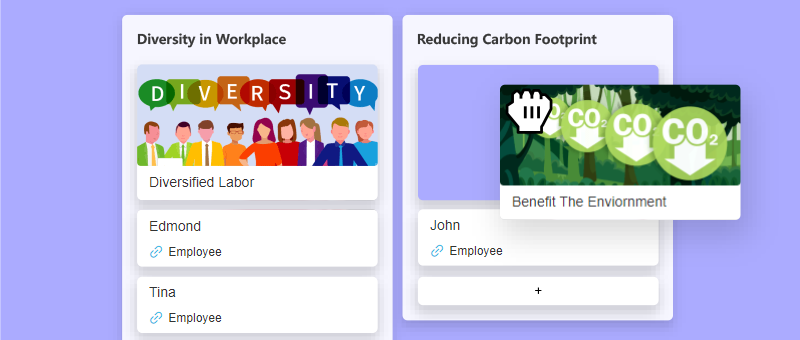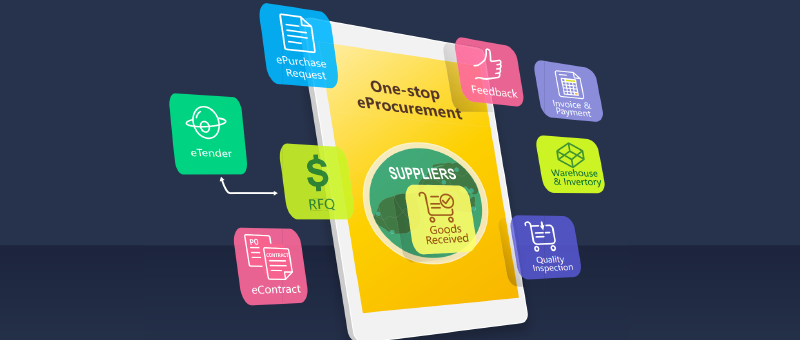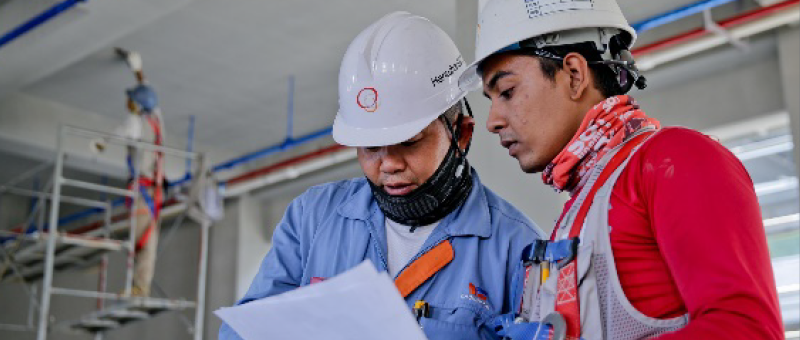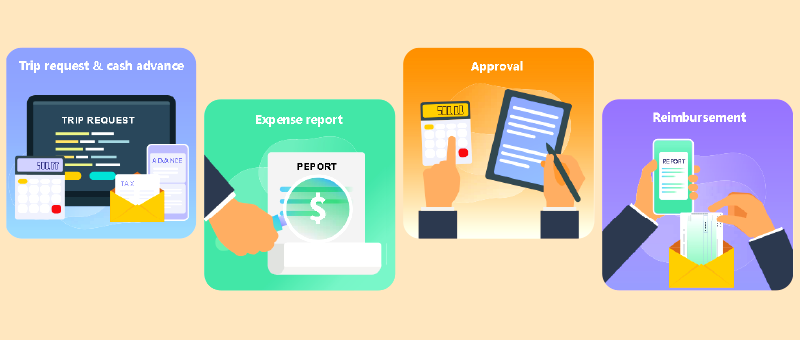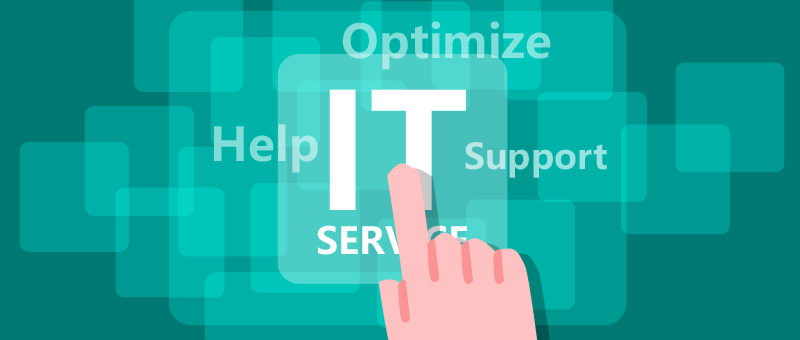How to Achieve Teamwork in Projects?
2020-11-20
Project teams do the work of projects. Teams as individuals and as a group can take responsibility for the components of leadership in supervision, coordination and problem-solving. But how far can this go? Can a large team take the success and failure accountability of the entire project? The purpose of this article is to help you understand project team dynamics so that you can make the most use of your team building skills to benefit your projects, but not overdo this, or you’ll get diminishing or disaster returns.

Project teams are different from volleyball teams or most sport teams in the following important ways:
● A volleyball team has the same team members trained together and play many games together for a time period (say one year) while a project team is being assembled together to do a project for a time period (say also one year). The volleyball team can learn from its mistakes and do better in the next game. The project team can learn from its mistakes but the next project would be a different team and a different game plan.
● The performance of a volleyball team player is extremely visible and the feedback from the coach to the player is instant. The performance of a project team member isn’t as visible and the feedback from the project manager to the member is delayed. In other words, a volleyball player can’t lie her performance but a project team member can.
However, project teams and volleyball teams have the following important similarities:
● Neither a volleyball team nor a project team is a pure democratic team. The volleyball coach makes the call who should be in the field and who should be standing-by. For project management, a pure democratic team can successfully build a deck in the backyard but it will be unwise to have a pure democratic large team to create a nuclear plant, at least no organizations have done this in real-life so far.
Project teamwork
Project teamwork is anything that improves commitment, communication and cooperation within the project team. Team members must subvert their egos for the needs of the team. An individual may be given an assignment that is not the best use of their strength but it is for the best of the team. This willingness is the commitment. If the team is open, members will voice opinions, make recommendations, and contribute to the strength of the team, communication and cohesion.
The team will talk about cares and concerns. They will then be open to talk about how to win the next game. A team must first listen in order to be heard. Finally, the team must cooperate. They must help each other out to achieve the mutual goal. They have to be unselfish in giving time to the team and to practice. For a strong player to improve, they must compete against stronger players. Players build each other up by giving all they have.
Project information to make teamwork work
Project teamwork needs accurate and on-time information to make teamwork work.
If many projects had the myths of 90% complete problem as described in Andrew Makar’s article (https://www.projectmanagement.com/articles/220690/Project-Control--The-Myth-of-90--Complete), that implies many projects have serious data integrity problems which result in multiple copies of the truth. Modern project management software such as 8Manage PM can provide instant single-copy-of-the-truth project information. Selecting the “right” project management software for your project and team is essential.



Using Timesheet to Improve Staff Motivation
Why is Requirements Management Functionality Important?























